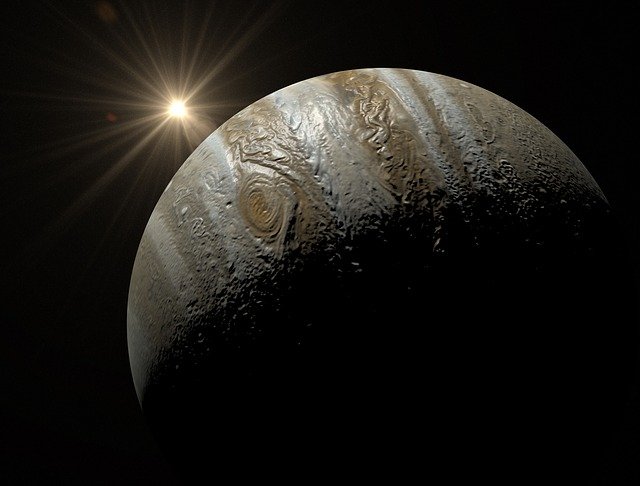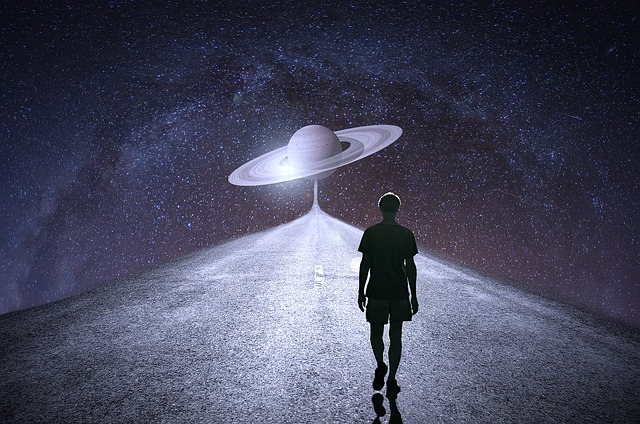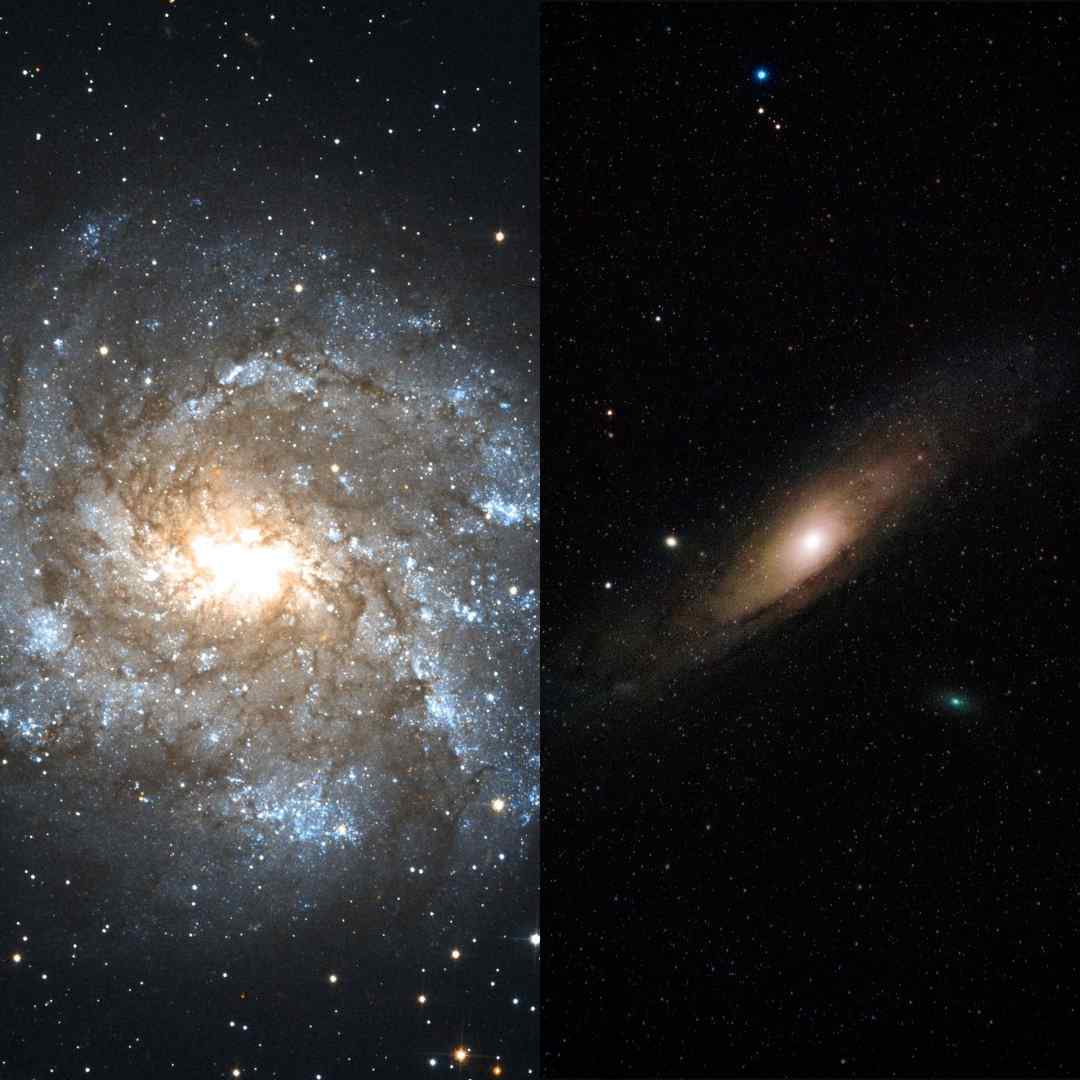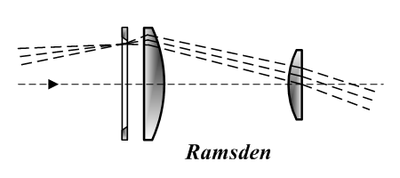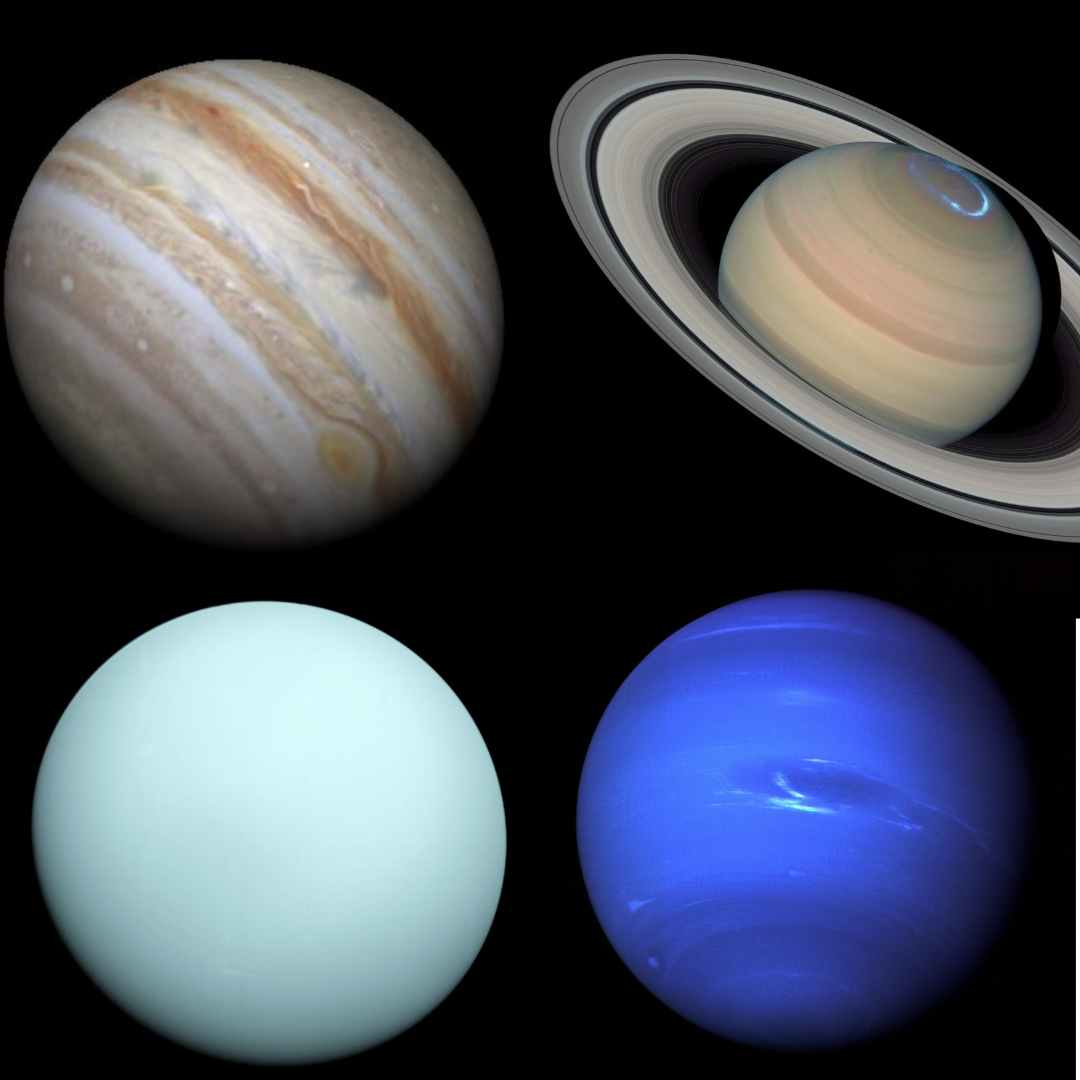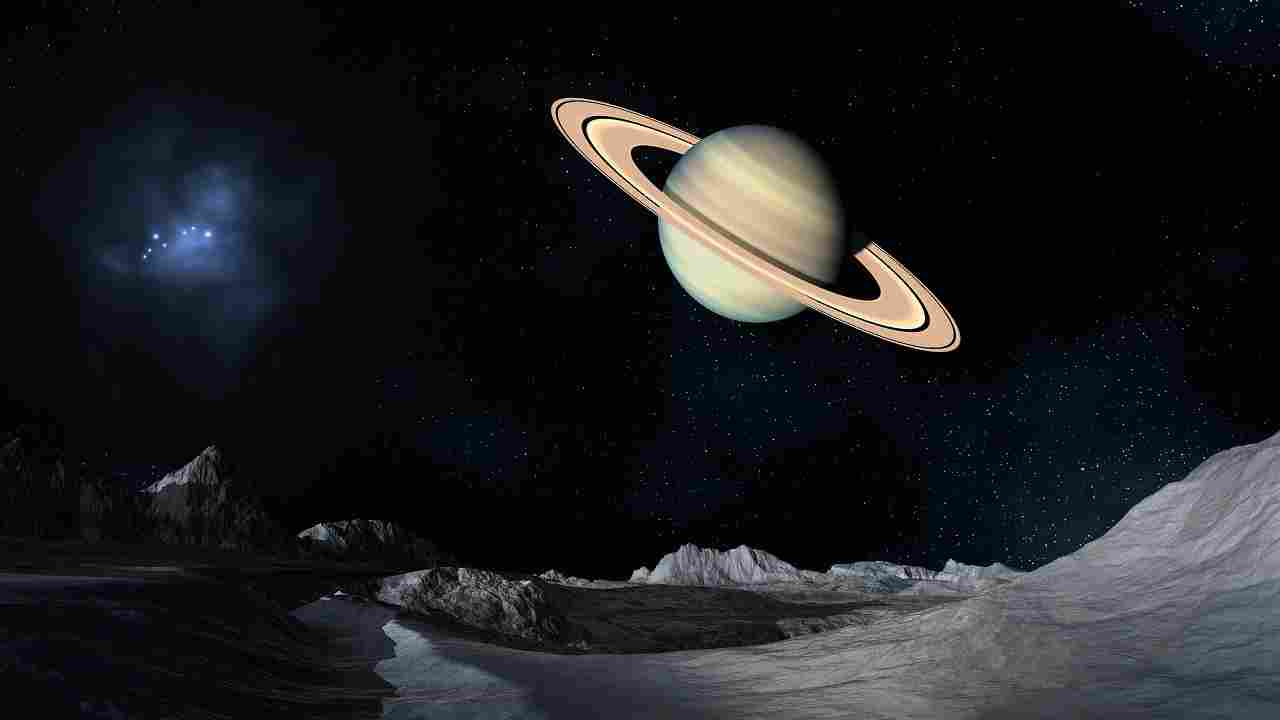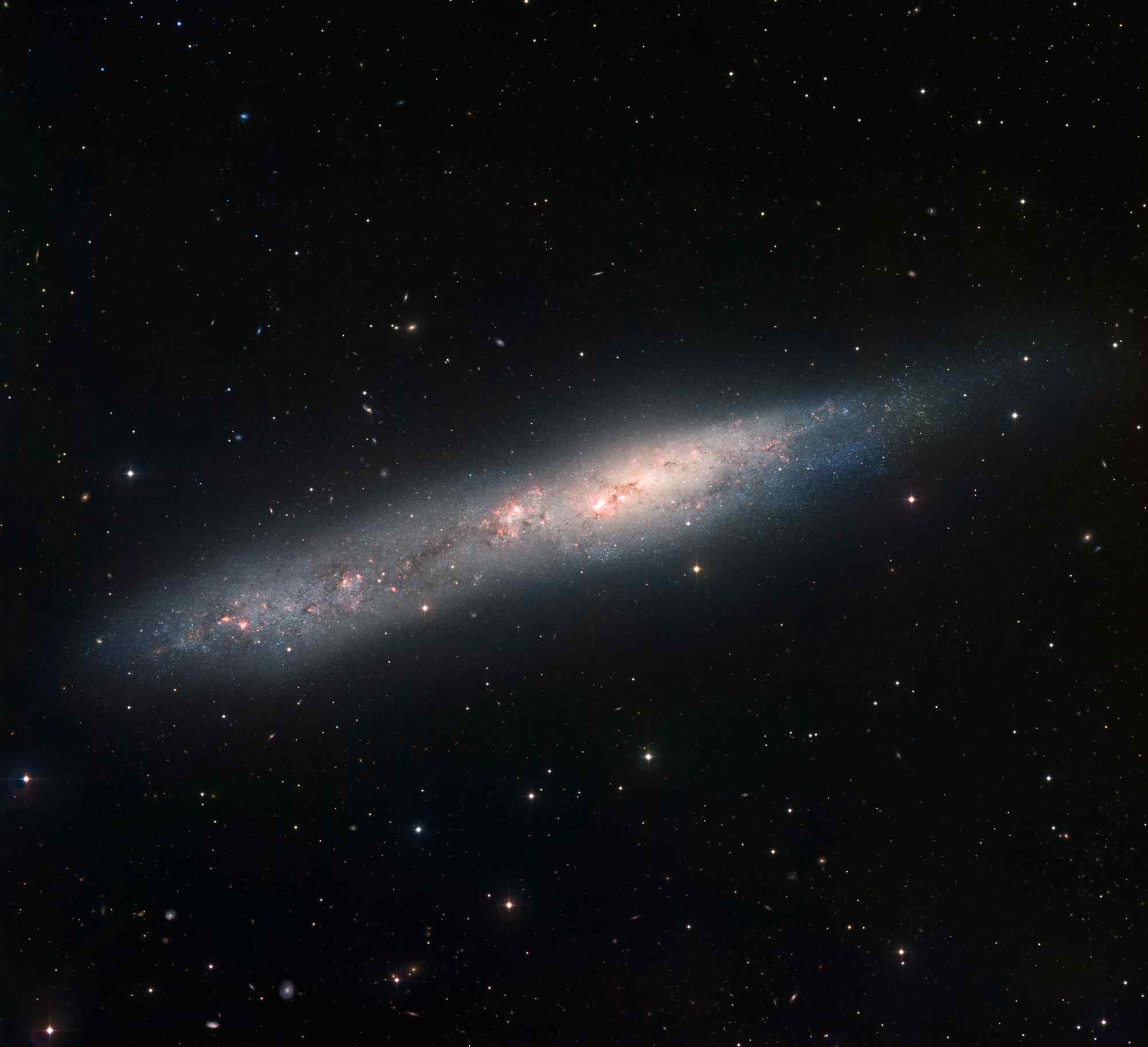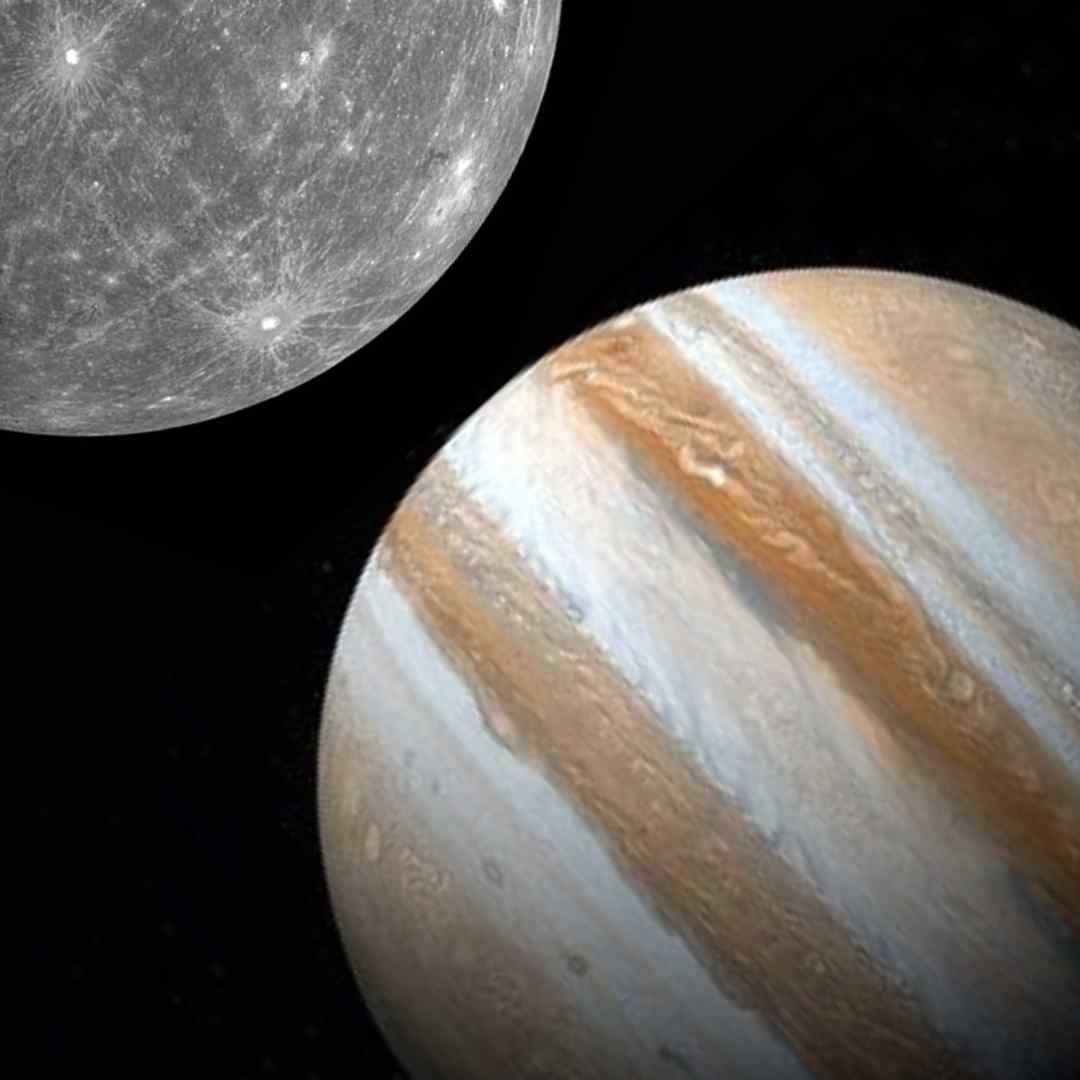Could Jupiter Become A Star? (Only If…!?)
Jupiter cannot become a star independently because it currently lacks sufficient mass. However, if Jupiter were to accrue enough mass by means of other objects colliding with it, it has the potential to become one. How Would Jupiter Become A Star? A star is defined as something with enough mass that the gravitational pressure of … Read more

